How would you
describe
your story?

Calculate your fertility health
Based on our average statistics, this calculator will give you an idea of how age can affect your fertility.
Click on  for further information
for further information

| Age | Eggs collected
 Probability of the number of the eggs collected.
Probability of the number of the eggs collected.
|
Fertilised rate
 Number of fertilised eggs after injection of sperm into the egg.
Number of fertilised eggs after injection of sperm into the egg.
|
Embryo division rate
 Number of eggs that have divided normally out of the number fertilised.
Number of eggs that have divided normally out of the number fertilised.
|
Blastocysts
 The number of fully formed embryos out of the number fertilised at the end of the culture period.
The number of fully formed embryos out of the number fertilised at the end of the culture period.
|
|---|---|---|---|---|
| <35 | 17 | 9.5 | 9.2 | 6.3 |
| 35-39 | 13 | 6.9 | 6.6 | 4.3 |
| 40-45 | 10 | 5.9 | 5.7 | 3.2 |
| >45 | 8.5 | 3.2 | 2.5 | 1.1 |
The probability statistics generated by this calculator are simply based on over 1232 patients and 10,295 eggs collected. Please note that the calculator indicators can be affected by many factors including the health of both the prospective mother and father, as well as weight, ethnicity, environmental influences, and emotional health. If you have questions or concerns about your fertility or risks of miscarriage and birth defects, it is best to discuss them with your fertility specialist.
The probability statistics are for women undergoing ovarian stimulation in an IVF treatment program. The numbers represent the ‘best case’ scenario for the probability of number of eggs collected and embryos formed during this process.
Know more about female fertility healthWays we can help
At Bourn Hall, you’re in expert hands
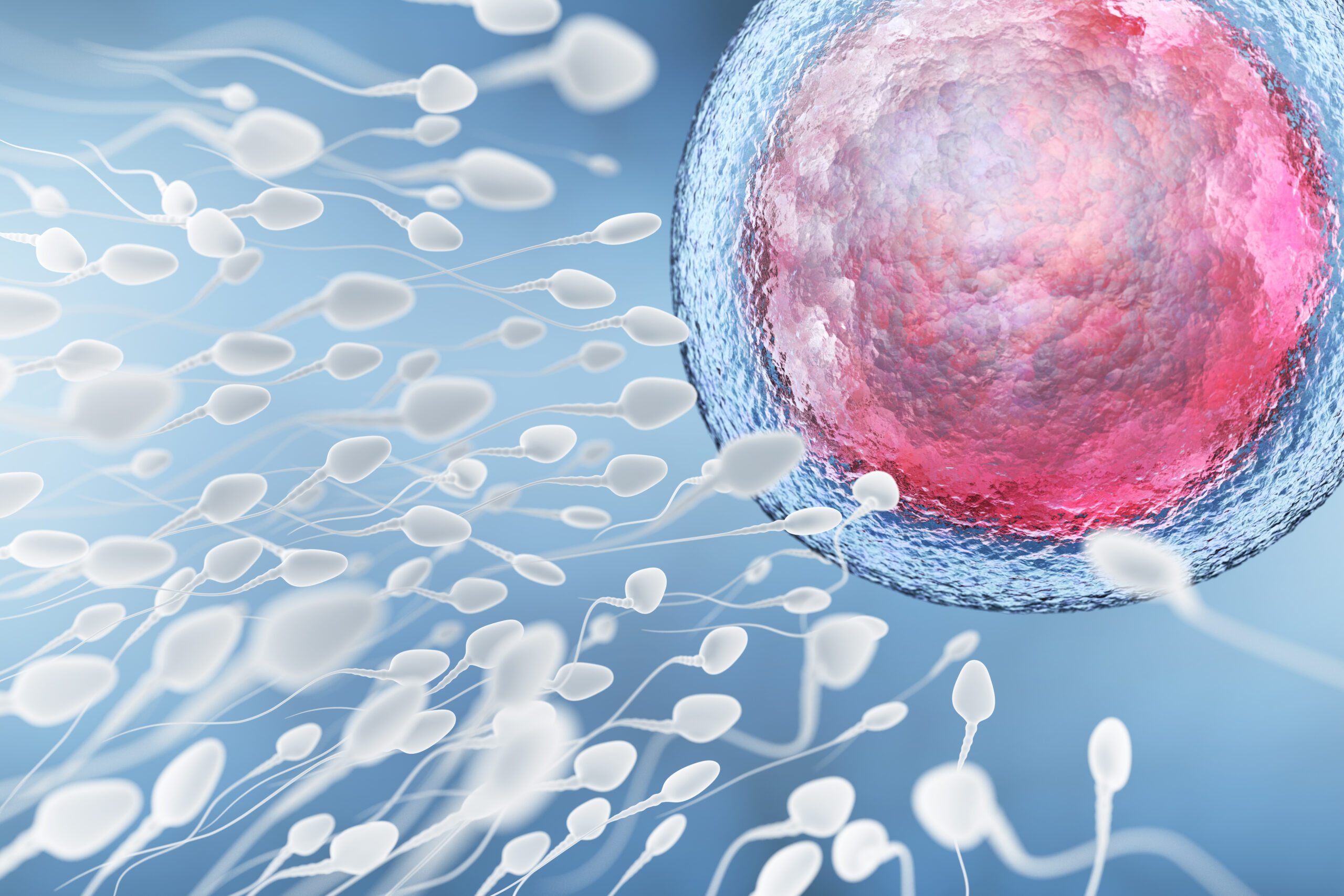
In-vitro fertilisation
In-vitro fertilisation literally means fertilisation ‘in glass’. In practice, it’s where eggs and sperm are brought together in a carefully controlled...
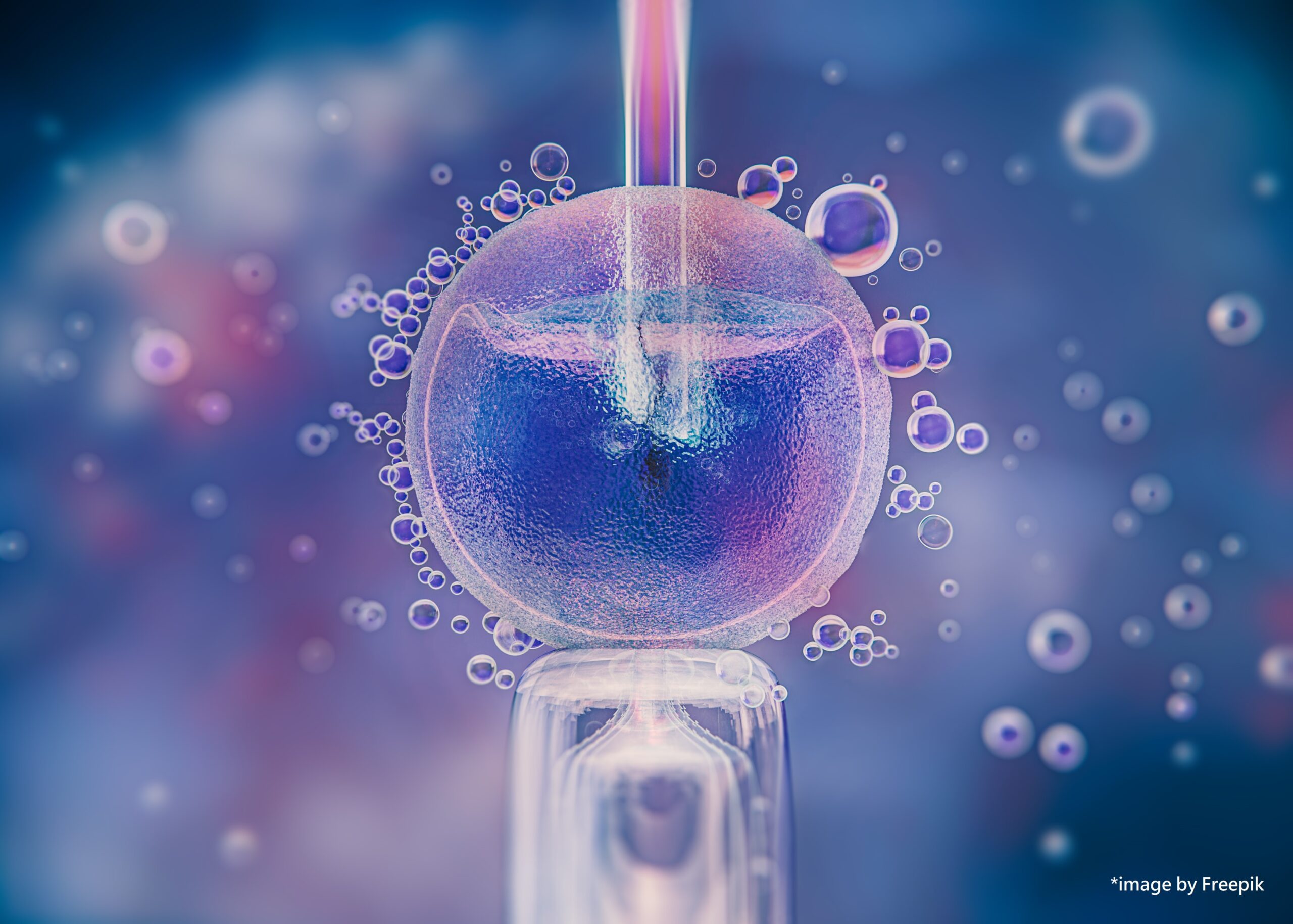
ICSI treatment
ICSI is an IVF procedure in which a single sperm cell is injected directly into the centre of a mature egg in order to create an embryo.

Intrauterine insemination
IUI is an assisted conception technique which involves the placement of prepared sperm into your womb at the time of ovulation ...

Family balancing
Family balancing, otherwise known as ‘gender selection’ allows for parents to determine whether they’ll add a baby boy or baby girl to their family.
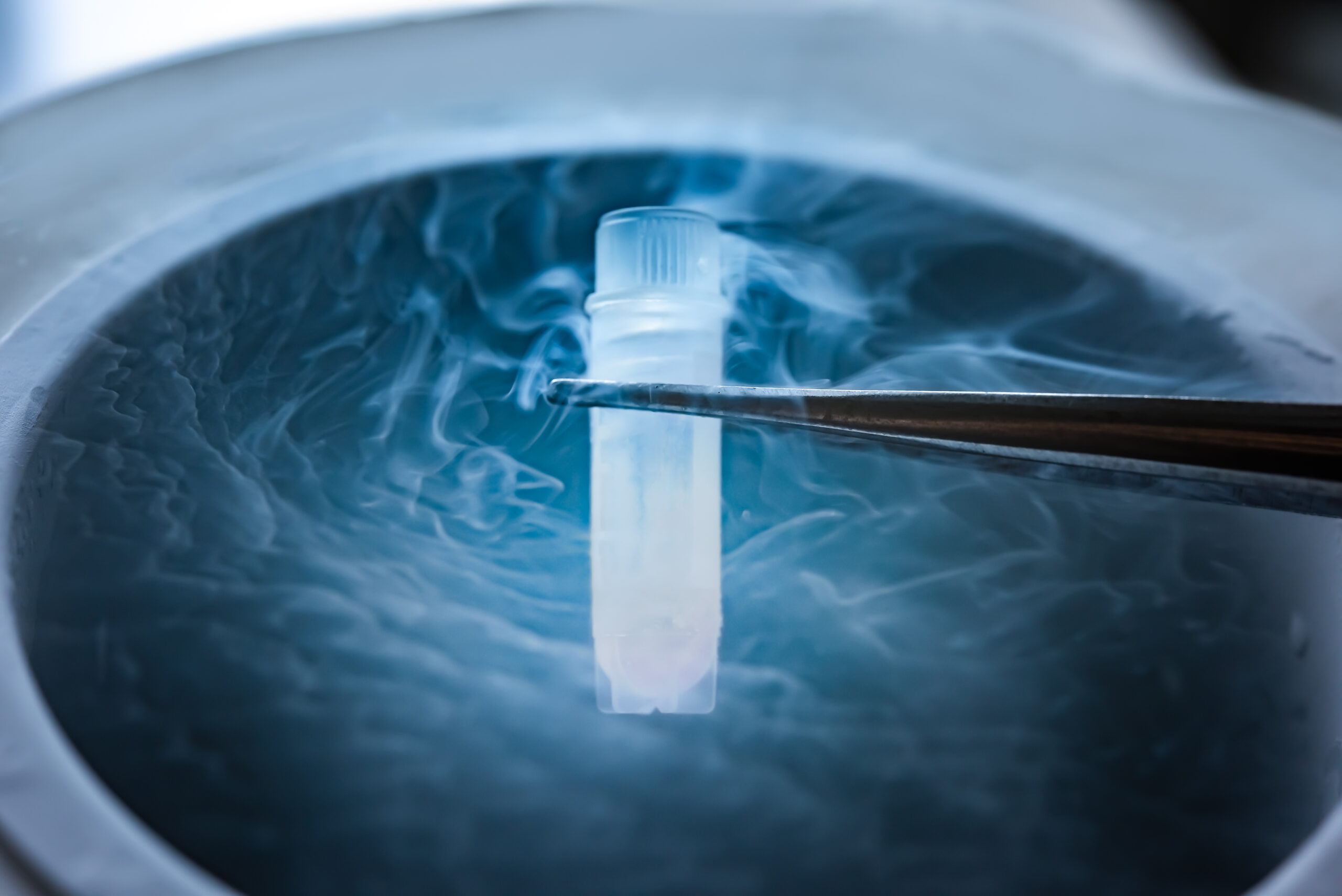
Fertility preservation
Egg freezing is a process which involves collecting, freezing and storing a woman’s eggs for her future use. Women use egg freezing as a...
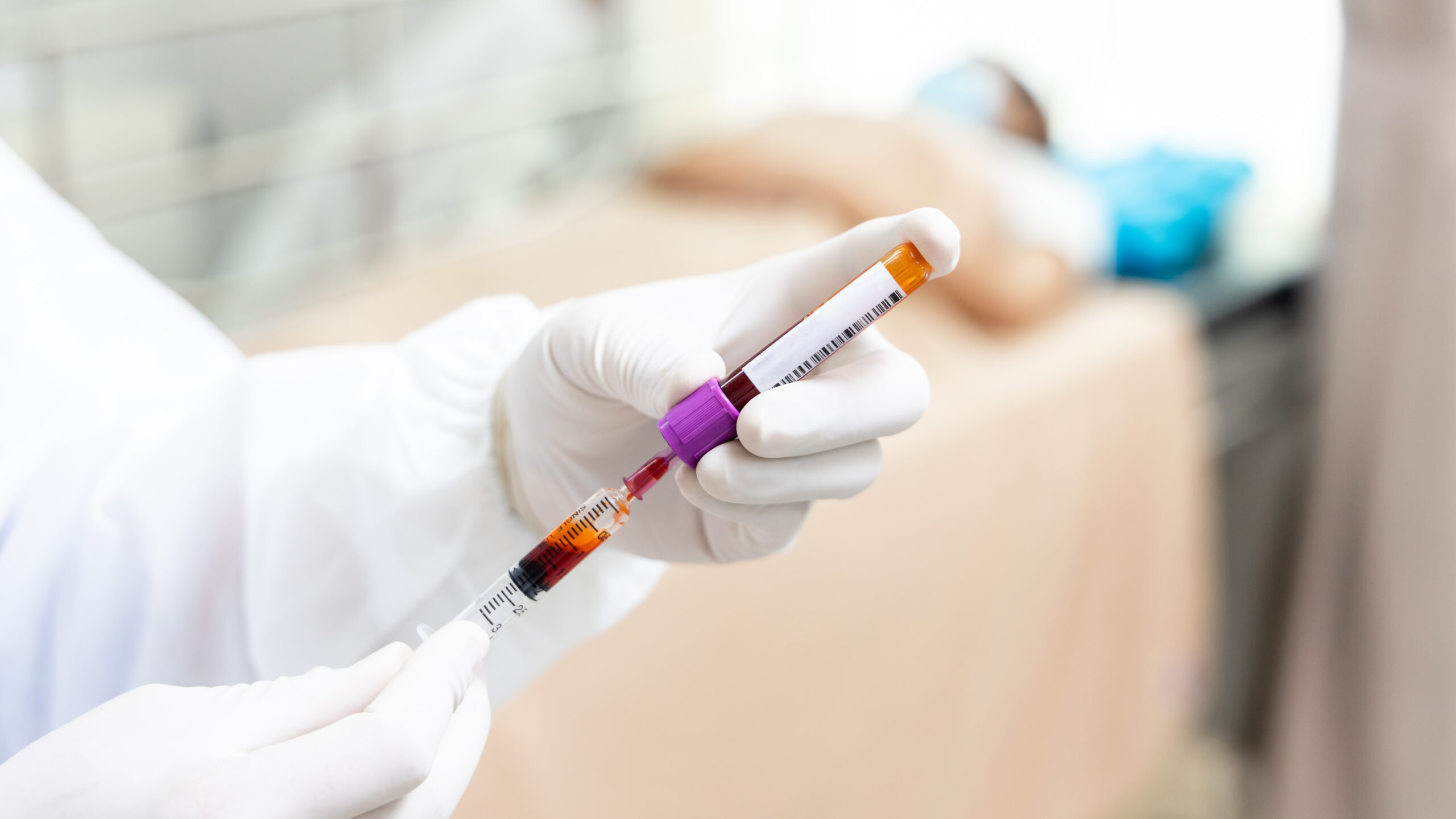
PRP treatment
Platelet Rich Plasma (PRP) is used to promote the repair and regeneration of reproductive organs in both women and men.
Testimonials
What our families share with us














